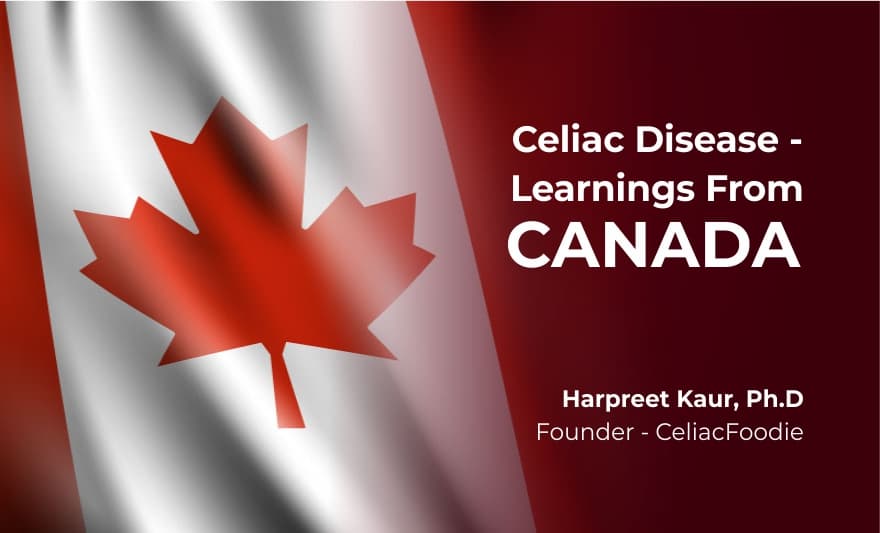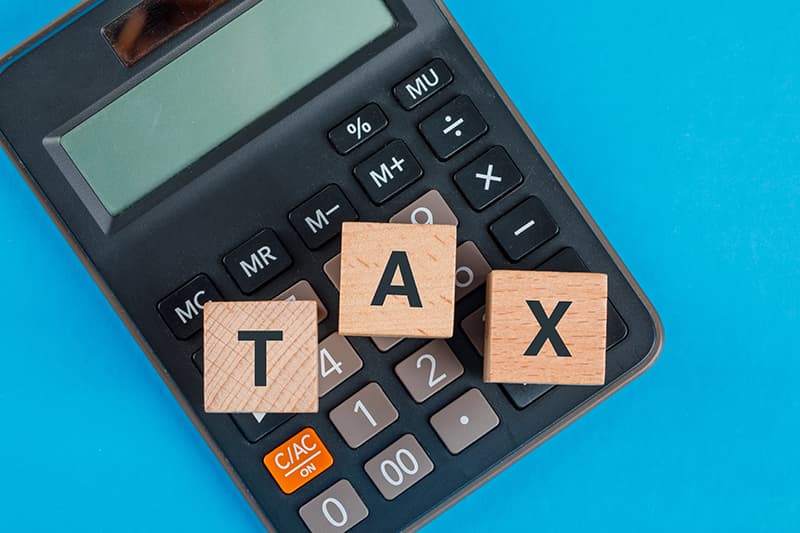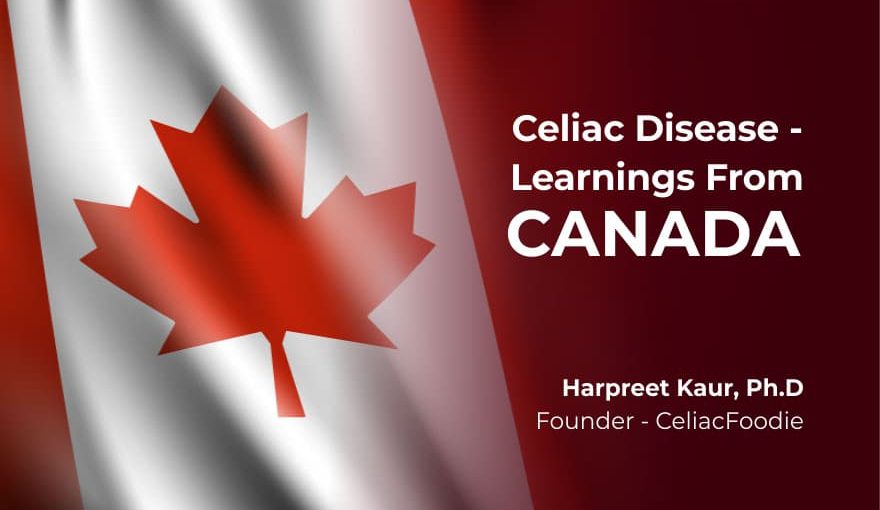Celiac Disease – Learnings from Canada

Senior R&D leader with nearly 15 years of experience in pharmaceutical, biotechnology and cannabis industry. Global expertise in research, product development, scale-up and commercialization. Presently settled in Canada
Celiac disease is an autoimmune disease that impacts the overall well-being of an individual when left untreated. While there is no cure for the disease today, the management of the Celiac disease requires the complete removal of ‘Gluten’ containing ingredients from one’s diet. Primarily because it is upon ingestion of gluten, the body reacts violently and releases antibodies that attack the lining of our stomach and intestine lining. Our stomach lining is critical to absorbing nutrients such as iron, folate, calcium, Vitamin D, other proteins, fats, and carbohydrates. The lack of nutrients due to the damaged gastrointestinal tract (Gut) creates a domino effect resulting in malnourishment and other diseases. Simply put, gluten is a protein present in grains such as wheat, rye, barley and oats. Scientists estimate that exposure to 20mg/kg of gluten is sufficient to trigger the autoimmune reaction in someone with celiac disease.
Recognizing that this disease affects nearly 1% of the Canadian population, the government has provided multiple resources to those impacted by it. Some of these have been discussed below to give the reader with resources.
1. Federally registered charitable organization – Canadian Celiac Association

This is a reputable and well-recognized organization across the country with offices and branches in each province (state) that helps everyone in need. It is a one-stop-shop for patients, healthcare professionals and food industry professionals. Guidance on Food Labelling to ‘Clinical Trials’ to ‘Budget tips’ you can find all the information you need in one place.
2. Disability Tax benefits
Recognizing that gluten-free products are critical to the healthy living of patients with celiac disease and that these products are usually more expensive than regular food products- the Government of Canada provides disability tax benefits for those with celiac disease. Persons with celiac disease can claim the incremental costs of buying gluten-free food products as a medical expense when filing their tax returns; persons with celiac disease can claim the total costs of purchasing gluten-free food products as a medical expense.

3. Canada Food Inspection Agency

Canada Food Inspection Agency, a division of the Government of Canada, clearly defines the requirements of ‘gluten-free’ claims and labelling and prohibits the use of ‘wheat-free’ as ‘gluten-free.’
CFIA also states – “Low gluten” or “reduced gluten” claims are not acceptable in Canada, including in relation to foods containing less than 20 ppm of gluten. These claims are considered to be misleading, as consumers with celiac disease may be led to believe that these foods are safe to consume, while medical advice recommends a gluten-free diet.”
4. Unlike the United States Food Drug and Administration (US FDA), which in 2017 issued guidance for the pharmaceutical industry on ‘gluten in drug products and associated labelling’ Health Canada- the governing body in Canada is yet to do so. However, any patient can request the pharmacist dispense the medicines to validate from the manufacturer whether the treatment contains gluten and is safe for those with celiac disease. Often, such queries are addressed within 24-48 hours.
We do not have to reinvent the wheel when providing care and a haven to patients with celiac disease. Many countries like Canada have established policies and regulations that enable patients with celiac disease to live a comfortable life. For example, in the United Kingdom, celiac patients receive gluten-free food as part of their prescription, which is covered by insurance – making them economical. Australia and New Zealand have the most rigid labelling laws globally and apply to all food, including imported for sale in the country. In Italy, those with celiac disease can receive up to 140 Euros per month towards their gluten-free product expense.

